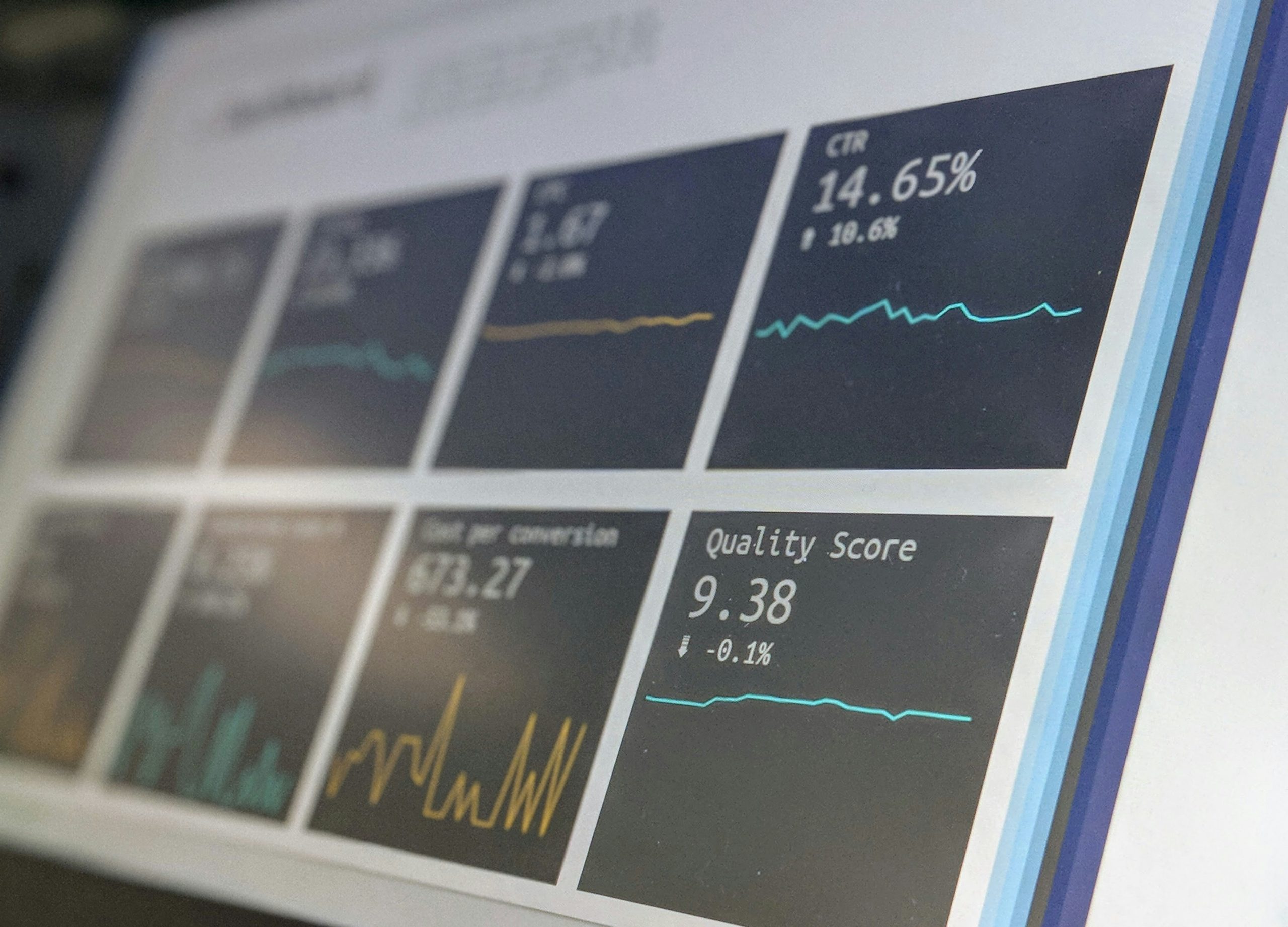Bitcoin experienced a significant drop to $117,400 following the release of US Producer Price Index (PPI) data that exceeded expectations. This unexpected economic data led to a decrease in market expectations for a potential rate cut by the Federal Reserve, consequently raising concerns about inflation and impacting both the cryptocurrency and stock markets.
The PPI, a key indicator of inflation at the wholesale level, revealed higher-than-anticipated price pressures in the US economy. This news had a ripple effect across various asset classes, with Bitcoin and stocks facing downward pressure as investors reassessed their positions in response to the changing economic landscape.
The crypto market, in particular, is known for its sensitivity to macroeconomic factors and policy developments. The unexpected strength in the PPI data prompted fears of rising inflation, which can erode the purchasing power of fiat currencies and potentially influence investor sentiment towards alternative assets like Bitcoin.
As investors navigate these shifting market dynamics, it is essential to stay informed about key economic indicators and their potential impact on different asset classes. The interplay between economic data, central bank policies, and market reactions underscores the complex and interconnected nature of global financial markets.
